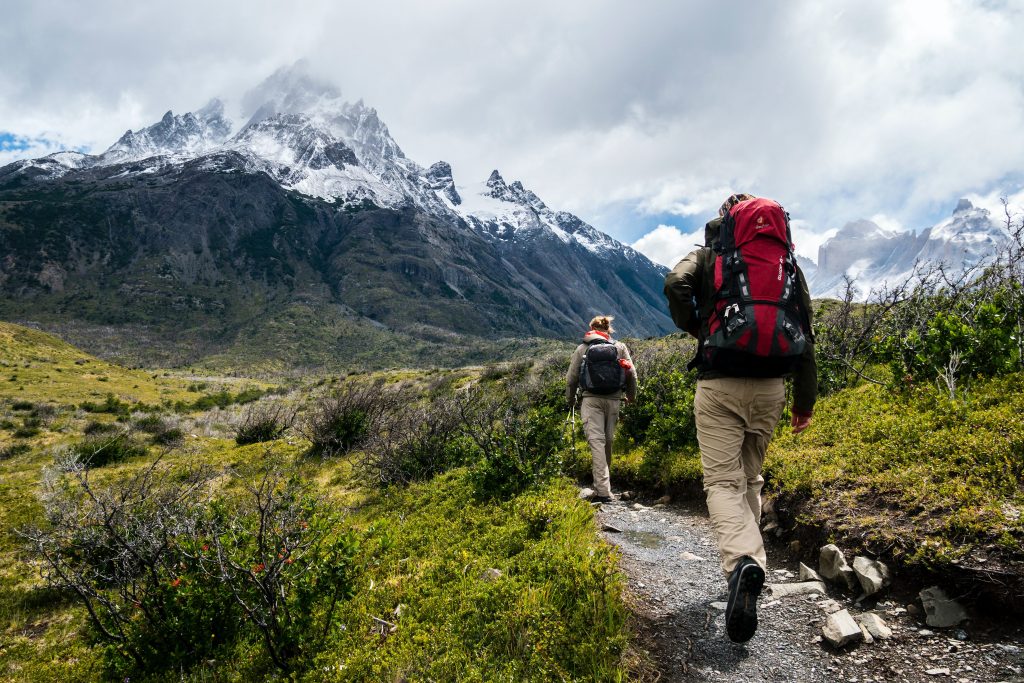The weather is getting warmer and many of us have a growing desire to go outdoors and enjoy nature, be it for a day trip, camping or a longer hike. Here are a few tips to make sure your hiking adventure goes safely.
- Start small. If this is your first time hiking, you should choose an easy hiking route and destination. Look for short hikes that last a couple of hours to a full day – something you can manage. If you usually do not spend much time in nature, choose a 2–4 km trail. For those who exercise regularly and spend a lot of time outdoors, an easier 7–8 km trail is more suitable. It is entirely up to you – just try not to overdo it the first time.
- Check out the place you are going hiking and get to know the area. If you can, bring a map of the trail and familiarise yourself with it before you set off, so you know your way around.
- When choosing clothing and footwear, consider the weather and your pace. Choose your hiking gear according to the weather, but also think about whether you are going on a strenuous or a leisurely hike. The conventional advice when choosing clothes is that when you get out of the car, you will briefly feel a little chilly.
- Pack a rucksack with the essentials. Be sure to bring a fully charged mobile phone, and a spare battery if necessary. Bring a bottle of water and a light snack. If you have been prescribed medication, remember to bring it with you. Depending on the length of your hike, you may need different things. In general, you should always carry a snack to boost your energy, a knife of some kind, a compass, a map, a torch, matches or a lighter, and extra clothing (the weather can change suddenly).
- Invite a friend or a family member to join you. Those who are new to hiking should stick together or go out with a more experienced hiker before setting off on their own. If you are hiking alone and anything should happen to you, it is much harder to get help. Plan your trip ahead and invite your friends – for fun and for safety. If you decide to go hiking alone, let someone know where you are going and when you should be back.
- Assess your abilities and speed realistically. On average, people are estimated to travel around 4–5 kilometres per hour. In the wild, however, crossing even three kilometres in an hour can be a struggle, as the ground, branches and terrain can slow you down. The estimated time of your hike depends on your pace, which is slower if, for example, you need to walk in the dark and you do not have a torch.
- Keep calm if you encounter a wild animal. In general, wild animals keep away from humans. However, if you do run into an animal, make sure you do not provoke it or shout – avoid eye contact and calmly go back the way you came.
Source: Spunout.







